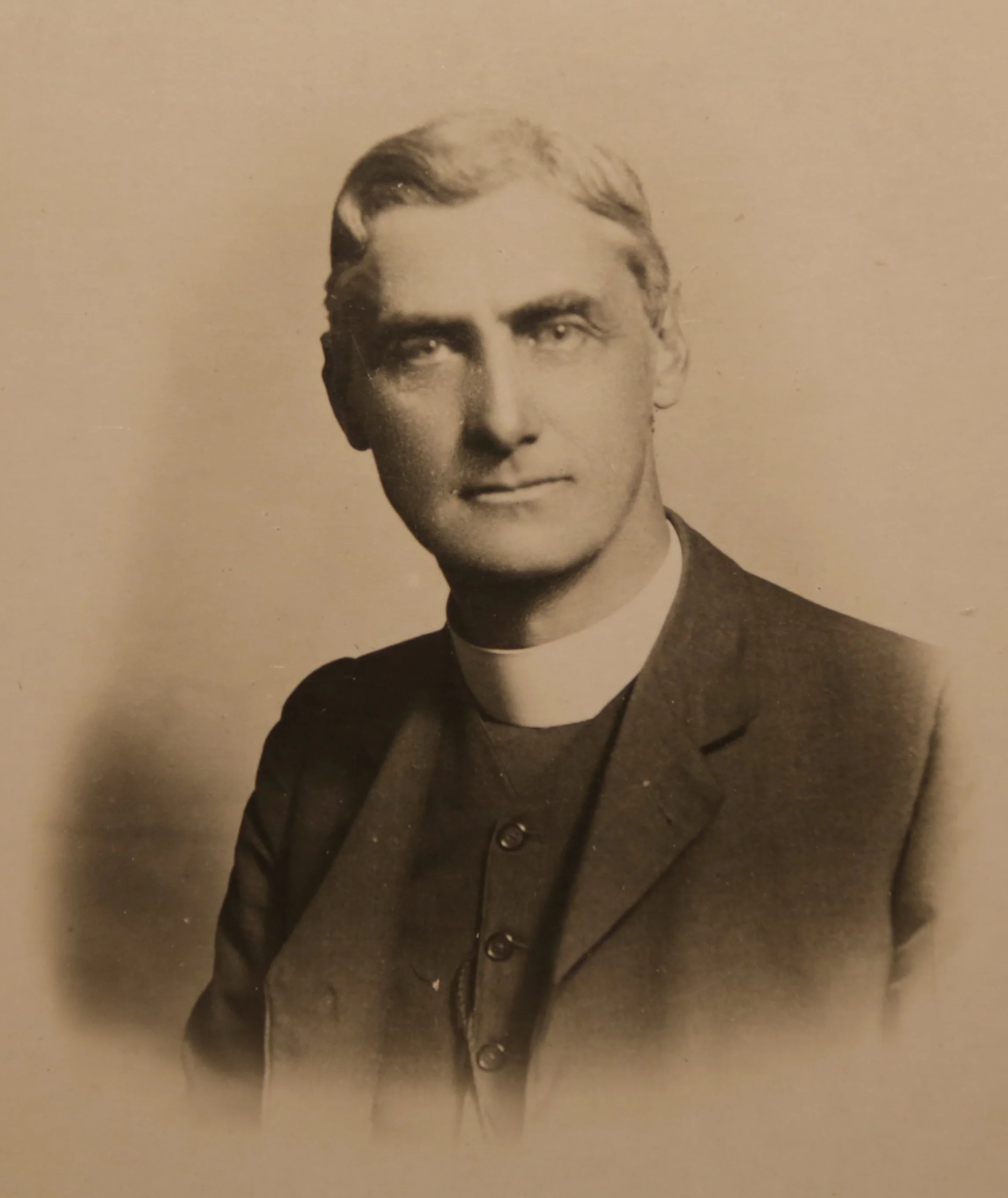Roland Allen's Vision for Spontaneous Church Expansion
Roland Allen died on June 9, 1947 and was buried in Nairobi. I usually draw attention to this date each year. However, with our move and my father-in-law's illness, the moment passed without a post. So, with this belated recognition, I wish to take a moment to bring your attention to one of the most influential mission thinkers of the 20th century.
Roland Allen, a high church Anglican missionary, profoundly shaped modern missiological thought with his emphasis on the spontaneous expansion of the church. His works, including Missionary Methods: St. Paul’s or Ours? (1912), The Spontaneous Expansion of the Church (1927), and The Ministry of Expansion: The Priesthood of the Laity (late 1930s), challenged Western missionary practices that hindered gospel advancement in the Majority World. Allen’s vision centered on empowering indigenous churches to grow organically, driven by the Holy Spirit and free from Western control and cultural impositions.
Spontaneous Expansion of the Church
Allen envisioned a church that grows naturally through the unprompted efforts of individual believers sharing the gospel. He described this as “the expansion which follows the unexhorted and unorganized activity of individual members of the Church explaining to others the Gospel which they have found for themselves” (Roland Allen, “Spontaneous Expansion: The Terror of Missionaries.” World Dominion 4 (1926): 218–24). This organic growth, reminiscent of the early church in Acts 11:19-21, was stifled by missionary fears of losing control. Allen argued that paternalistic tendencies and Western traditions often suppressed disciple-making, leadership development, and church planting. He advocated for contextualized churches that reflect local cultures, free from the expectation to mirror Western ecclesiastical structures.
The Role of the Holy Spirit
Central to Allen’s missiology was his pneumatology—the belief that the Holy Spirit is the primary agent in mission work. He argued that the Spirit empowers believers to establish and sustain indigenous churches, guiding their sanctification and growth. Allen believed the Spirit’s role was so vital that even without the Great Commission, the church would still evangelize globally. Missionaries, he insisted, must teach new believers to rely on the Spirit rather than external governance, fostering self-governing, self-propagating, and self-supporting churches. This Spirit-led approach was crucial for churches to thrive in their cultural contexts without Western oversight.
Indigenous Churches and Ecclesiology
Allen’s ecclesiology emphasized simplicity and cultural relevance. He viewed the New Testament church as “an organized body of Christians in a place with its [leaders],” (Roland Allen, “Devolution: The Question of the Hour,” World Dominion 5 (1927): 283–84) possessing all the rights and duties of the Body of Christ. In pioneer fields, churches should emerge from local believers, managing their own affairs, sacraments, and finances, as seen in Paul’s churches in Lystra or Thessalonica. Allen criticized missionaries who imposed Western structures, arguing that such expectations hindered spontaneous expansion. He championed indigenous churches that express the gospel within their cultural frameworks, unburdened by foreign traditions.
The Apostolic Approach and Missionary Faith
Allen urged missionaries to adopt an apostolic approach modeled after Paul, who established churches with creeds, sacraments, orders, and Scriptures, then entrusted them to the Spirit’s guidance. Missionaries should prioritize evangelism over social improvements, teaching new believers to depend on the Spirit rather than missionaries. Allen emphasized missionary faith—a trust in the gospel’s power to sustain churches without constant oversight. He challenged fears of corruption, urging missionaries to look to Christ’s unchanging power rather than human limitations, enabling them to transition to new ministry contexts confidently.
The Ministry of Expansion and the Priesthood of the Laity
In The Ministry of Expansion, Allen addressed the controversial issue of the Eucharist in indigenous churches. He argued that unordained believers should administer Communion, challenging Anglican traditions that reserved this role for ordained clergy. In Majority World contexts, where ordained leaders were scarce, Allen saw this restriction as a barrier to church vitality. His later work, The Family Rite (1943), extended this idea, advocating for household Communion led by family heads. These radical views, rooted in his experiences in China and global travels, reflected his commitment to biblical principles over cultural norms.
Contemporary Relevance
Allen’s ideas, initially misunderstood, gained traction after his death in 1947. His critique of paternalism and call for indigenous churches remain relevant amid contemporary challenges like cultural imposition in missions. Robert Schmidt highlights the ongoing significance of "The Ministry of Expansion and Contemporary Crises," in my book Roland Allen's The Ministry of Expansion, urging churches to reconsider traditions that hinder mission work in pioneer fields. Allen’s vision of Spirit-led, contextualized churches continues to inspire modern missiology, encouraging a return to apostolic simplicity and faith in the gospel’s transformative power.
For more on Allen and his missiology check out my YT video, Roland Allen's The Ministry of Expansion,or Roland Allen: Pioneer of Spontaneous Expansion.

